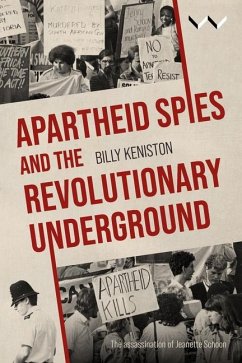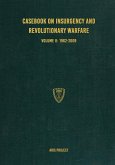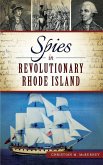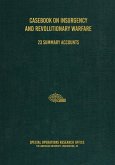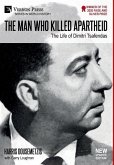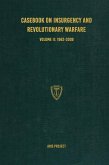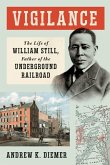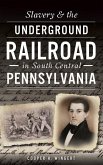Reveals the little known details of the assassination of an anti-apartheid activist by an apartheid spy and undercover police officer On 28 June 1984 a parcel bomb sent by the apartheid security police exploded in an apartment building in Lubango, Angola, killing 36-year-old Jeanette Schoon and her six-year-old daughter Katryn. The Schoons were members of the revolutionary underground, exiled from South Africa and committed to both the African National Congress and to socialism. What many political activists had feared or suspected at the time was confirmed during the 1990s Truth and Reconciliation Commission: the bomb targeting the Schoons was sent by Craig Williamson, an apartheid spy and high-ranking member of the South African security service. Apartheid Spies and the Revolutionary Underground is the first book-length account of the assassination of Jeanette and Katryn Schoon. Jeanette Curtis Schoon and Craig Williamson first met in 1973 on the Wits University campus. Jeanette was a passionate student radical and part of a network of white radicals fighting apartheid. Williamson had successfully infiltrated the student movement and rose within its ranks. He held positions of trust, first within the National Union of South African Students (NUSAS) and then, after pretending to 'flee' the country, as an office-bearer of the International Universities Exchange Fund in Sweden, which helped fund many South Africans in exile. The book uncovers how the lives of a group of white radicals intersected with and were impacted by the undercover security police and their operations both within and outside of South Africa. Intensifying political oppression caused many young radicals to flee South Africa in 1976; many of them, like Jeanette and her partner Marius Schoon, joined the African National Congress in exile. Williamson and the Schoons' paths, and those of their comrades, continued to cross: he was a guest in their homes, a supplier of funds for their projects, a witness for the prosecution in political trials and, ultimately, the hand that directed targeted assassinations. Williamson received amnesty for his role in the Schoons' murder, among other crimes. For the friends and family of the Schoons - and for all those seeking social justice - this was an unacceptable outcome and Williamson continues to walk a free man. This book attempts to show the limits of the TRC process to render healing from South Africa's apartheid past. That justice has not been served to the Schoons remains a tragedy in this story of the struggle against apartheid.
Hinweis: Dieser Artikel kann nur an eine deutsche Lieferadresse ausgeliefert werden.
Hinweis: Dieser Artikel kann nur an eine deutsche Lieferadresse ausgeliefert werden.

